I find it hopeful when we take L for the science fair project display. Of all disciplines, science is the one we as an American populace most obviously show a general, nationwide deficit. The fact that millions of people don’t understand the basic tenants of evolutionary theory, that millions of people think global warming isn’t a reality and if it is, isn’t the cause at least in part of human activity, that millions of people think vacations are a greater risk than they are a benefit, that millions thousands (thankfully not millions — yet) think that the moon landing was faked and the earth is actually flat, that millions of people think the earth is only 6,000 years old despite an overwhelming amount of scientific evidence to the contrary — all these facts make it clear that as a society, we have some work to do regarding basic science education.
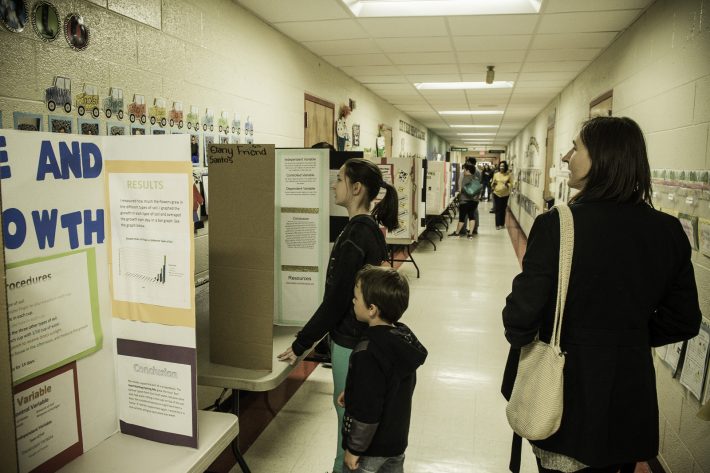
It’s not the science education, per say, that is so important — it’s the critical thinking that goes along with it. The methodical, analytical, self-critical way of thinking. The notion that no single answer will always stand the test of time and peer review. The humble idea that you could be wrong. Go to a presentation of scientific findings and you’ll hear people constantly couching their findings in self-effacing comments designed to show everyone in the room that the presenter doesn’t think she knows it all. For every scientific finding, there are other researchers chomping at the cliché bit, attempting to replicate a given experiment, hoping to prove something wrong. Science is about putting forth a hypothesis and then watching a bunch of people try to show you you’re wrong. It must be a humbling experience.
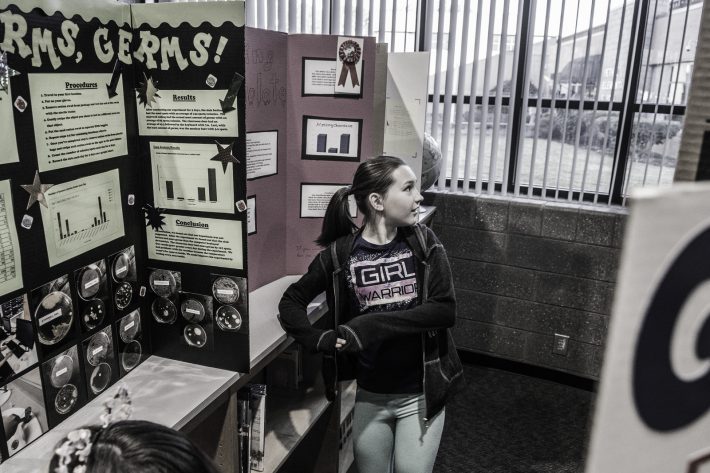
Ironically, on the other end of the knowledge spectrum, we find the Dunning-Kruger Effect, a cognitive bias that essentially says that the less a person actually knows, the more superior that person feels about his knowledge; the less competent a person is, says Dunning-Kruger, the less likely he will recognize his incompetence.
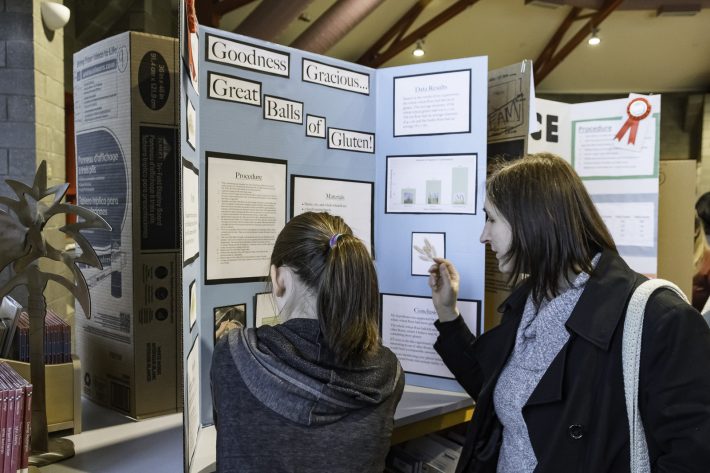
It’s a scary thought, the idea that I could have an inflated opinion about my own talent and knowledge and not even see it. Fortunately, I don’t think I suffer from this: I see what other teachers do and know that I’m a “fair to middling” teacher: I do some things well, but I know perfectly well that I quite frankly suck at other aspects of teaching. The same goes for just about everything else. And K — she’s even harder on herself.
Or perhaps I’m just fooling myself about myself — indulging in self-reflection filtered through a carnival mirror.
At any rate, we walked around the project posters and witnessed kids getting a good first or second (or third or fourth) exposure to experience with the research methods of the scientific process, and I found my hope for humanity lifted just a bit.
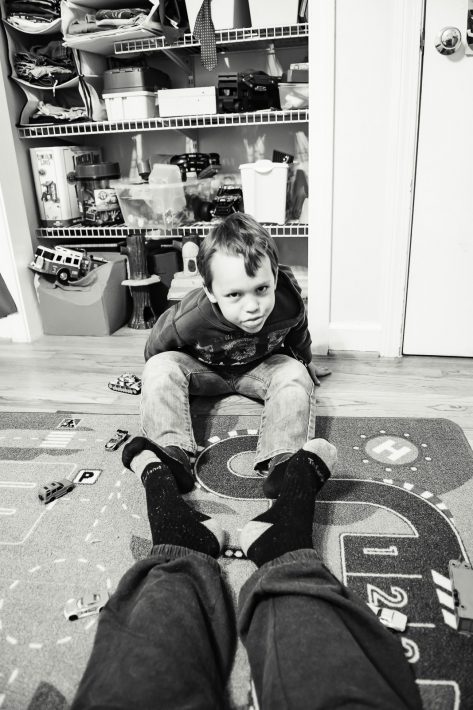
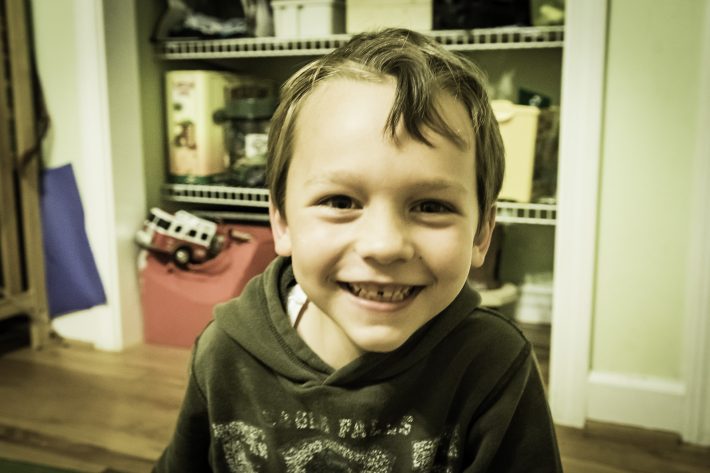
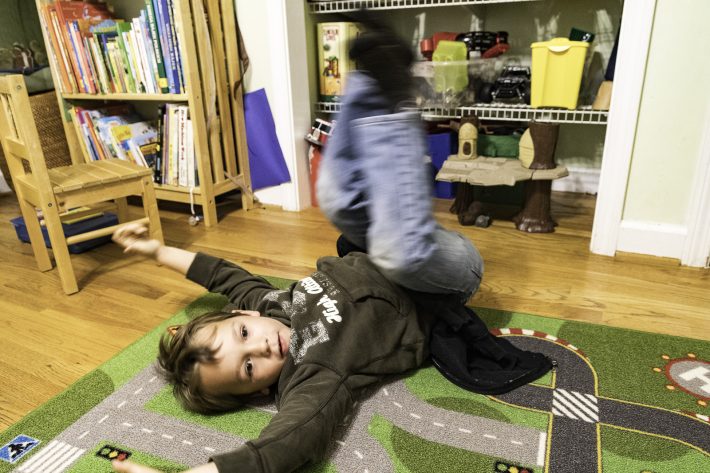
Coming home and playing with the Boy did more for me, though.
0 Comments